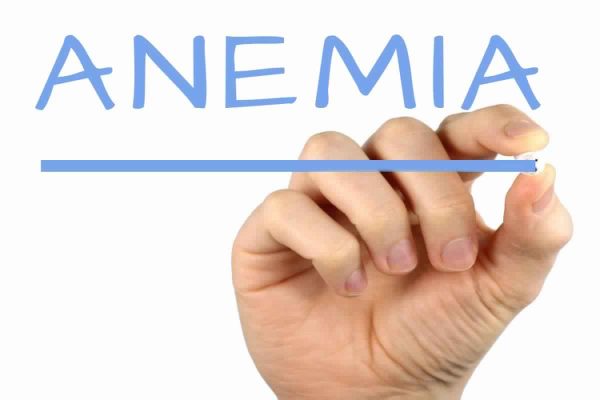If you have a family member who has anemia, then there are certain symptoms that may make it easier for you to know what your relative is going through. Anemia, also known as hemolysis, causes low levels of red blood cells in the body. Red blood cells carry oxygen to all parts of the body. Anemia can result in weight loss, fatigue, muscle cramps, and achyness, among others.
While most people don't realize that they actually have anemia, the symptoms and signs of anemia are quite easy to overlook. In fact, most people don't even realize that they even have anemia until they see a blood test to confirm the condition. If you suspect that your relative may be suffering from anemia, then it is important to first get a complete blood count. This can be done at the doctor's office or at home by getting a home test kit.
When you do this test, it will reveal if there are enough red blood cells present in your system. If there are not enough, then you should consider taking iron supplements. You should never supplement with iron for people who already have an iron deficiency. Iron supplements can be administered to people with anemia on a regular basis or by some people who have anemia on a seasonal basis. The amount of iron supplements you need to take depends on the type of anemia you have and the severity of the anemia.
Some of the common symptoms of anemia include weakness, fatigue, nausea, fatigue, dark urine, anemia, dark-colored stool, and poor appetite. If you suspect that your relative has any of these symptoms, it is important to get the test done immediately so that you can determine if anemia is the cause of the symptoms you notice. It is also important to check for signs of anemia that may be causing other conditions. These signs include:

Poor appetite: Anemia is known to cause anemia, which, in turn, can lead to poor appetite
People with poor appetite usually have less energy than normal and lose weight as a result. This is a warning sign that you should look for if you suspect that your anemic friend is not getting enough iron from their diet. Anemia is one of the main causes of lack of appetite, because the loss of iron from the body weakens the heart and leads to weak heart rhythms and weak heart valves.
Poor Blood: If your anemic friend is losing an excessive amount of blood (hematocrit), then you should look for other indicators such as poor growth and an increased risk for infection. Hematocrit can be measured by a special blood test called the hematocrit study. If anemic people have lower than normal levels of hemoglobin in their blood, then the chance for infection is high. This can be an indication that your friend is more likely to get an infection than people who have normal levels. A change in skin color, an increased amount of mucus, fatigue, weight loss and weight gain, and an inability to tolerate hot or cold temperatures are other indicators that suggest a lack of blood flow in the body.
Thinning Hair: Thinning of the hair is a common sign of anemia. If you notice your anemic friend losing more hair than usual, or their hair is falling out more than normal, it could be a sign of anemia. Anemia often results in hair loss, thinning, and weak hair. and balding.
Other Symptoms Of Anemia include weight loss and increased consumption of fat. If your anemic friend has any of these symptoms, it may be a sign that they are suffering from anemia due to their poor diet. The good news is that anemia does not mean that you should avoid eating or try to make the person feel sick because of it. Anemia is just a symptom of other health problems and a proper diet will ensure that the anemic person is healthy again.